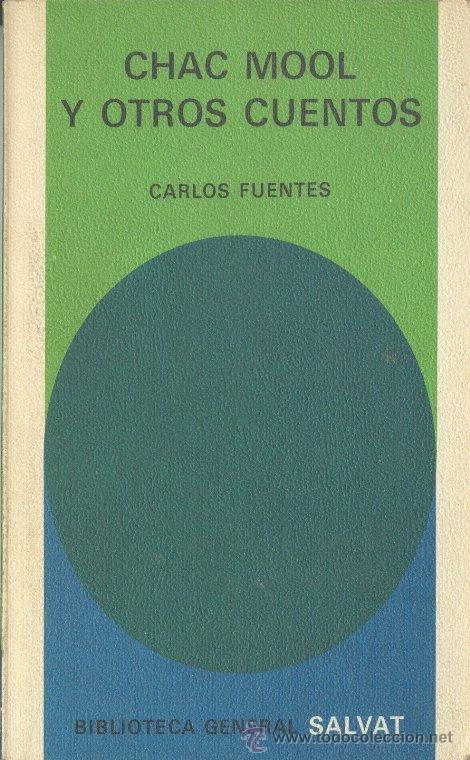

įuentes fathered three children, only one of whom survived him: Cecilia Fuentes Macedo, born in 1962. In 1989, he was the subject of a full-length PBS television documentary, "Crossing Borders: The Journey of Carlos Fuentes," which also aired in Europe and was broadcast repeatedly in Mexico. In 1988, Paz's magazine Vuelta carried an attack by Enrique Krauze on the legitimacy of Fuentes' Mexican identity, opening a feud between Paz and Fuentes that lasted until Paz's 1998 death. Once good friends with Nobel-winning Mexican poet Octavio Paz, Fuentes became estranged from him in the 1980s in a disagreement over the Sandinistas, whom Fuentes supported. Wright Mills, to whom he dedicated his book The Death of Artemio Cruz. His friends included Luis Buñuel, William Styron, Friedrich Dürrenmatt, and sociologist C. He also taught at Cambridge, Brown, Princeton, Harvard, Columbia, University of Pennsylvania, Dartmouth, and Cornell. įuentes served as Mexico's ambassador to France from 1975 to 1977, resigning in protest of former President Gustavo Díaz Ordaz's appointment as ambassador to Spain. His second marriage, to journalist Silvia Lemus, lasted until his death. Considered "dashingly handsome", Fuentes also had high-profile affairs with actresses Jeanne Moreau and Jean Seberg, who inspired his novel Diana: The Goddess Who Hunts Alone. The same year, he married Mexican actress Rita Macedo. In 1959, he moved to Havana in the wake of the Cuban Revolution, where he wrote pro-Castro articles and essays. The following year, he published Where the Air Is Clear, which immediately made him a "national celebrity" and allowed him to leave his diplomatic post to write full-time. In 1957, Fuentes was named head of cultural relations at the Secretariat of Foreign Affairs. He later attended the Graduate Institute of International Studies in Geneva. During this time, he also began working at the daily newspaper Hoy and writing short stories. He lived in Mexico for the first time at the age of 16, when he went to study law at the National Autonomous University of Mexico (UNAM) in Mexico City with an eye toward a diplomatic career. There, he first became interested in socialism, which would become one of his lifelong passions, in part through his interest in the poetry of Pablo Neruda. In 1940, the Fuentes family was transferred to Santiago, Chile. he later pointed to the event as the moment in which he began to understand himself as Mexican. In 1938, Mexico nationalized foreign oil holdings, leading to a national outcry in the U.S. He also began to write during this time, creating his own magazine, which he shared with apartments on his block. From 1934 to 1940, Fuentes' father was posted to the Mexican Embassy in Washington, D.C., where Carlos attended English-language school, eventually becoming fluent. As the family moved for his father's career, Fuentes spent his childhood in various Latin American capital cities, an experience he later described as giving him the ability to view Latin America as a critical outsider. His parents were both Mexicans.įuentes was born in Panama City, the son of Berta Macías and Rafael Fuentes, the latter of whom was a Mexican diplomat. He was often named as a likely candidate for the Nobel Prize in Literature, though he never won. His many literary honors include the Miguel de Cervantes Prize as well as Mexico's highest award, the Belisario Domínguez Medal of Honor ( 1999).

In his obituary, The New York Times described Fuentes as "one of the most admired writers in the Spanish-speaking world" and an important influence on the Latin American Boom, the "explosion of Latin American literature in the 1960s and '70s", while The Guardian called him "Mexico's most celebrated novelist". Among his works are The Death of Artemio Cruz (1962), Aura (1962), Terra Nostra (1975), The Old Gringo (1985) and Christopher Unborn (1987). Carlos Fuentes Macías ( / ˈ f w ɛ n t eɪ s/ Spanish: ( listen) Novem– May 15, 2012) was a Mexican novelist and essayist.


 0 kommentar(er)
0 kommentar(er)
